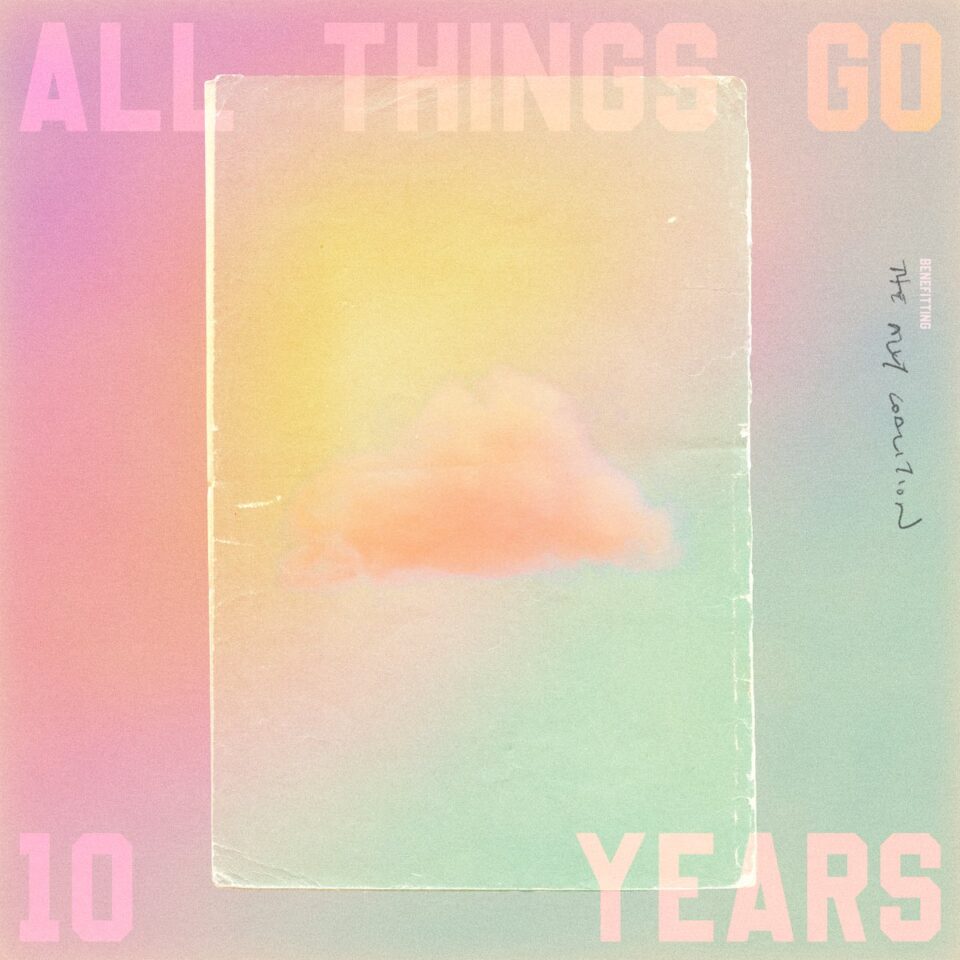Beach House
7
SUB POP
9/10
For years, Beach House’s reputation of reliability has been etched in stone. Each successive album has adhered to the striking dream pop of their 2006 debut, but they always seem eager to spike it with fresh nuances, never slipping into complacency (though their previous effort, the still-strong Thank Your Lucky Stars, may have come closest). Their latest record, 7, is their most definitive break yet from the preconceptions of what Beach House should sound like. The departures aren’t jarring—but these songs are also just a bit thornier, a little tougher to wrap your arms around.
Sonic Boom contributed production for the album, the first Beach House release in eight years to be recorded without producer Chris Coady. Additionally, James Barone (who became the band’s touring drummer in 2016) plays throughout. Much of 7 continues Depression Cherry’s overtures to shoegaze, with fuzzy, warm production blanketing Victoria Legrand’s otherworldly vocals. This has always been an element of the group’s style, but it’s amped up considerably here, lending the record an expansive, almost oceanic aura.
What 7 has that their other albums wielded only sparingly is an itchy sense of creative restlessness. The vibrant, propulsive synths that serve as the spine of “Lemon Glow” lend it an enchanting, ominous energy unlike anything else in the band’s repertoire. The first half of “Dive” has that gorgeous, drifting grazing quality that the band could conjure in their sleep, but then suddenly snaps out of its languor and evolves into something far more urgent—driving and cathartic. The woozy drone of “Black Car” is casually unnerving, the sort of thing that doesn’t really leave a mark initially, but finds ways to get under your skin in time.
There are still plenty of moments that feel like vintage Beach House. “Pay No Mind” was recorded recently, but teenagers have been making out to it in dark basements for decades. “Woo,” featuring a pop hook as unshakeable as anything from 2010’s Teen Dream, is an unrepentant earworm. The ending suite of songs mines a familiarity much of the album has been brushing off, but it feels less like a petering out and more like a measured, organic comedown.
With 7, Beach House has done nothing to disturb their status as one of indie rock’s most consistent bands. They’ve done a whole lot, though, to demonstrate a willingness to reimagine what it is that Beach House can be.









